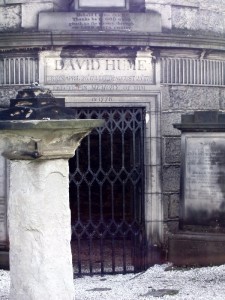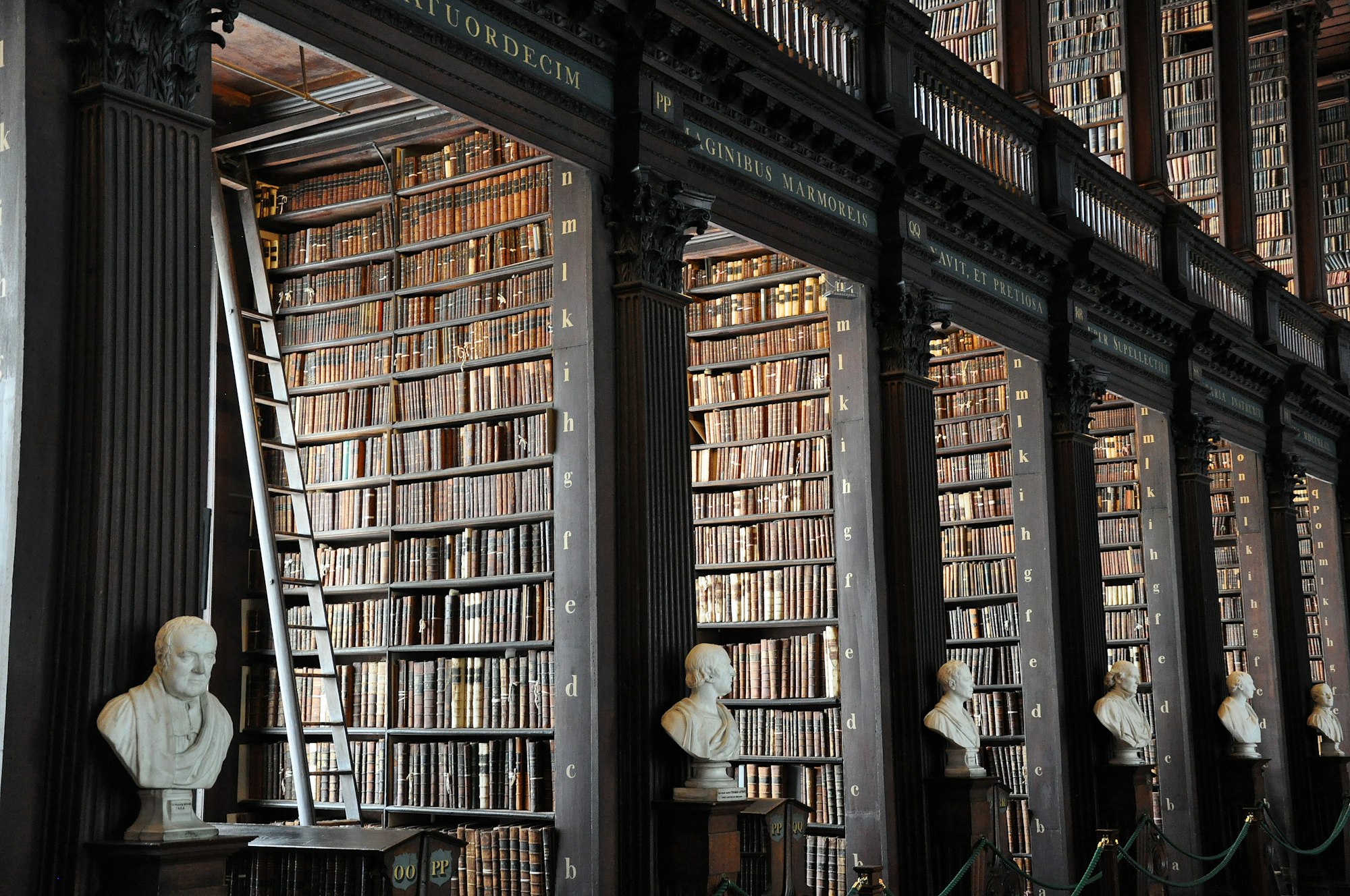 “Beauty is no quality in things themselves: It exists merely in the mind which contemplates them.”
“Beauty is no quality in things themselves: It exists merely in the mind which contemplates them.”
“Here am I who have written on all sorts of subjects calculated to excite hostility, moral, political, and religious, and yet I have no enemies — except, indeed, all the Whigs, all the Tories, and all the Christians.”
“We speak not strictly and philosophically when we talk of the combat of passion and of reason. Reason is, and ought only to be the slave of the passions, and can never pretend to any other office than to serve and obey them.”
“A wise man, therefore, proportions his belief to the evidence.”
“He is happy, whose circumstances suit his temper; but he is more excellent, who can suit his temper to any circumstances.”
“It is a great mortification to the vanity of man, that his utmost art and industry can never equal the meanest of nature’s productions, either for beauty or value.”
“What peculiar privilege has this little agitation of the brain which we call thought, that we must thus make it the model of the whole universe?” (David Hume)
David Hume (7 May [O.S. 26 April] 1711 – 25 August 1776) had changed his name from Home to Hume to keep the Scottish pronunciation; he was one of the most important figures of his time, famous historian, philosopher, essayist, economist. Atheist who nevertheless believed there is some sort of deity out there, Hume was a sceptical philosopher and a strong empiricist. We owe him the History of England – “From the Invasion of Julius Caesar to the Revolution in 1688” a six volume work published in 1754 to 1762.

